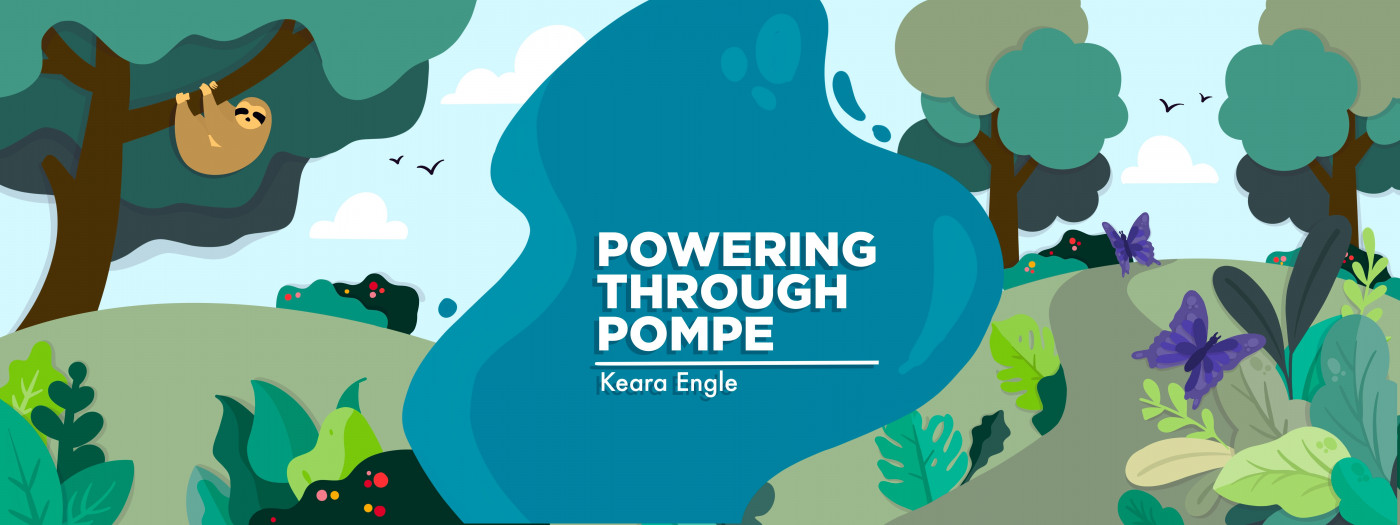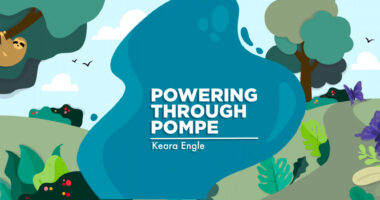What I Wish Strangers Knew About My Son’s Rare Disease

When strangers notice the differences between my son, Cayden, and other 4-year-olds, they usually have a lot of questions. While I genuinely don’t mind taking the time to educate and inform people about infantile-onset Pompe disease, explaining things over and over can be a bit overwhelming. I can’t expect people to understand it initially, no matter how much I wish they did.
For starters, most people don’t understand how to properly ask questions about a person with special needs. A question we are commonly asked by strangers is, “What’s wrong with him?” While I know they mean no harm when asking this, it almost feels like a punch in the gut every time I hear it. There is nothing wrong with my child. Yes, he is disabled, but Cayden also has a lot of other abilities that we recognize him for.
I wish people would word this question differently. Instead of asking what’s wrong, they could ask, “Why doesn’t he walk?” Or, “Why doesn’t he talk?” These sound a little bit more respectful than “What’s wrong with him?”
Despite the way the question is worded, I still take the time to answer it. That’s just who I am. I will never pass up an opportunity to explain my son’s very rare disease to someone’s wandering mind.
Another thing I struggle with is how to explain Pompe disease to people who aren’t familiar with rare diseases or the healthcare field in general. Pompe disease falls into a few different categories. It is labeled a genetic disease, a lysosomal storage disorder, and a glycogen storage disease.
In scientific terms, Pompe is an inherited disorder that is caused by a buildup of a complex sugar called glycogen. This means that a person has a genetic defect that causes their body to lack an enzyme that breaks down glycogen. Explaining this to a doctor or another person in the healthcare field is a lot easier than explaining it to someone with little or no prior knowledge of rare diseases.
A common response I get is something like, “Oh, so it’s like diabetes?” In reality, it’s really nothing like diabetes. We are talking about two different types of sugars here. Diabetes involves glucose, not glycogen. Cayden’s body can break down glucose just fine. But glucose then converts to glycogen to be stored for energy. Once it’s converted to glycogen, his body can’t naturally break it down, which is why he needs enzyme replacement infusions once a week.
It takes a little longer to explain this to people with no prior knowledge of Pompe disease, and I have yet to find the perfect way to do so. Explaining the disease typically is a conversation involving a lot of questions, but I’d rather take the time to answer them than leave people clueless. I want people to know that Pompe disease is, in fact, a big deal, even if all of its symptoms aren’t visible. And that it is nothing like diabetes.
Note: Pompe Disease News is strictly a news and information website about the disease. It does not provide medical advice, diagnosis, or treatment. This content is not intended to be a substitute for professional medical advice, diagnosis, or treatment. Always seek the advice of your physician or other qualified health provider with any questions you may have regarding a medical condition. Never disregard professional medical advice or delay in seeking it because of something you have read on this website. The opinions expressed in this column are not those of Pompe Disease News or its parent company, Bionews, and are intended to spark discussion about issues pertaining to Pompe disease.








Leave a comment
Fill in the required fields to post. Your email address will not be published.